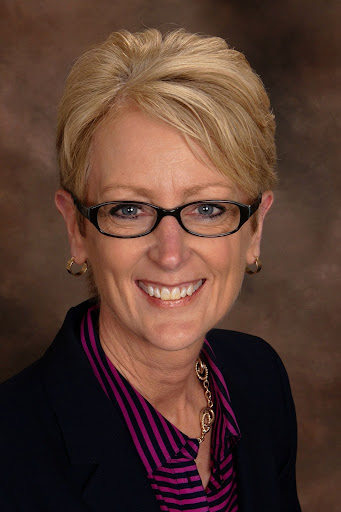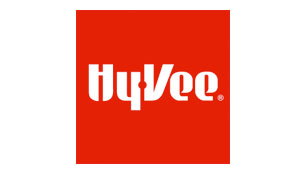Wave of patients challenges D.M. hospitals as U.S. hits new record for COVID infections

As the number of COVID-19 cases in the U.S. reached a new record high this week, Greater Des Moines hospitals are feeling the strain as they handle an unrelenting tide of continuing hospitalizations in a pandemic that has now lasted nearly two years.

“Our hospitals are all at capacity — we’re full,” Cundy said. “We run full, and typically we are holding patients. What I mean by that is waiting for patients or waiting for admission in our [emergency department], so we’re holding patients until a bed opens up. The other thing that’s happening is we also have patients waiting to transfer in from other facilities that need a higher level of care, but we’re not always able to take them right away.”
Conditions are similar for MercyOne hospitals, which are currently operating on “limited capacity,” officials said in an emailed statement. “In addition to an increased number of COVID-19 cases and spread of the Delta and Omicron variants, hospitals across the country are dealing with traumas and experiencing multiple types of illness. This demand is coupled with a reduced number of staff to care for patients. These challenges can strain available resources and contribute to delays in care or other complications for patients.” A MercyOne spokeswoman said no physicians were immediately available to comment further.
Nationwide, the average number of daily COVID-19 cases hit a record high of 258,312 over the past seven days, according to a Reuters tally. The previous peak for the seven-day moving average was 250,141 recorded on Jan. 8 of this year. The New York Times separately reported a higher tally, saying the seven-day average had topped 267,000 cases on Tuesday.
Currently, 711 people are hospitalized for COVID in Iowa, according to the state’s data dashboard, with 165 of those patients in intensive care units. The latter number is the highest level of ICU patients statewide since the worst of last winter’s surge began to recede, after reaching a rate of more than 250 patients a day in intensive care units statewide in mid-November 2020.
COVID infections have been more a steady wave in the latter half of this year, rather than the relatively brief surges experienced in 2020, Cundy said.
“In the past, we have had surges and they’ve just gone away quickly, but we’ve had a steady number of patients since mid-August,” she said. “We’re not right now at our very highest, but when we were at our very highest it only lasted three or four weeks. Right now, this has been going on since the middle of August.”
The heavy workload has taken a toll not only on nurses, but on the respiratory therapists and physicians who are treating very sick patients. “The outcomes are not always good; it’s very hard work, it’s very tiring and it has had a big impact,” she said. “And some of them have left; they’ve made the decision to leave health care altogether.”
Staffing shortages are more severe in many other states, however. Iowa is not among the 16 states experiencing critical staffing shortages in at least 25% of their hospitals, according to HHS data posted Tuesday, Becker’s Hospital Review reported. A critical staffing shortage is based on a facility’s needs and internal policies for staffing ratios, according to HHS. Hospitals using temporary staff to meet staffing ratios are not counted among those experiencing a shortage.
Cundy said UnityPoint Health had already been using a “good number” of traveling nurses to augment its staff, but has also benefited from Gov. Kim Reynolds’ recent funding allocation for 100 traveling nurses from outside the state, as the Iowa Capital Dispatch reported. UnityPoint Health Des Moines was able to add eight ICU nurses and two respiratory therapists with that allocation, she said.
Because both the transmission rate and positivity rates have been increasing in Iowa, UnityPoint Health is anticipating an increase in patient load within the next two to four weeks, Cundy said. With more community exposure, the hospitals are also expecting more illness among staff, “so that’s a concern for us as well,” she said.
Asked whether the revised guidance from the Centers for Disease Control and Prevention — issued on Dec. 23, reducing the isolation time from 10 days to five for health care workers who test positive — may benefit hospital staffing, Cundy said UnityPoint Health is still evaluating that policy.
Getting vaccinated or boosted for COVID remains the best way for people to prevent serious illness and hospitalization, both health systems emphasized. “The majority of the COVID patients in our hospitals are not vaccinated, and the majority that are intubated and in critical care are not vaccinated,” Cundy said.
“One other thing that I think our community can help with is being thoughtful about where they get their health care, when they need it. What I mean by that is not going to the emergency room for something that could be treated in an urgent care or in a clinic setting.”










